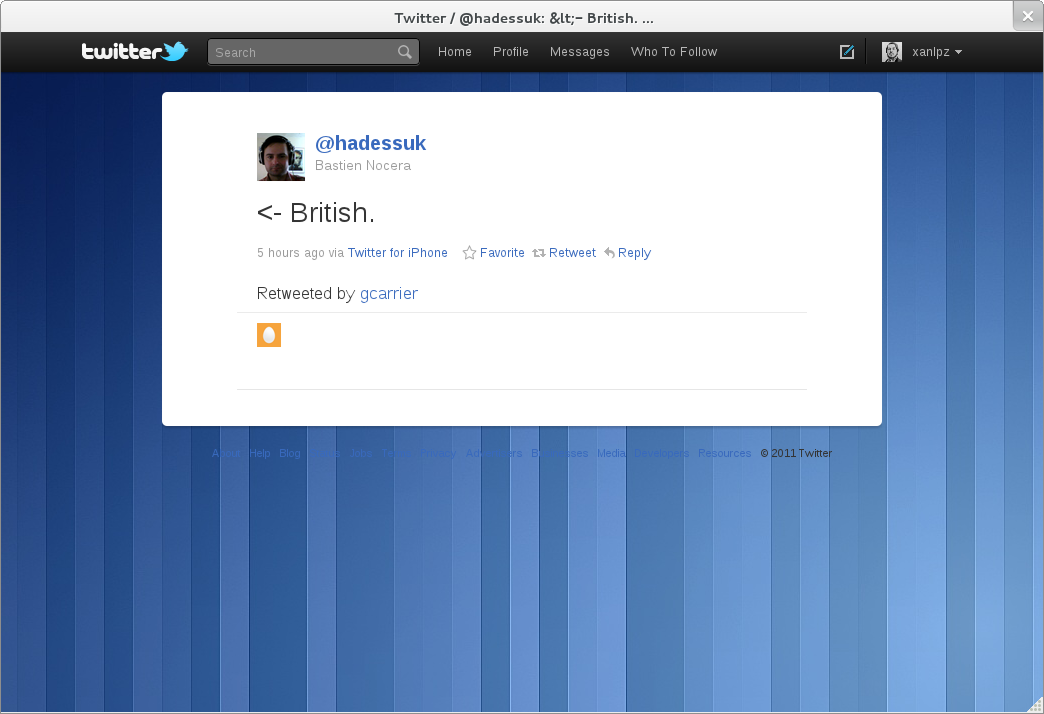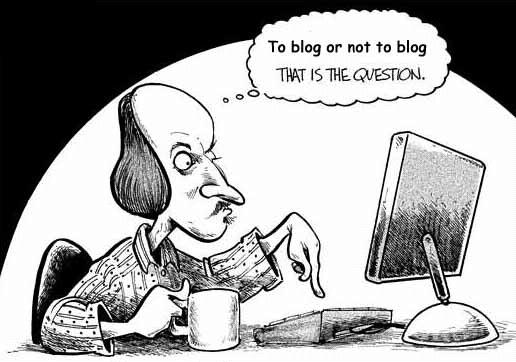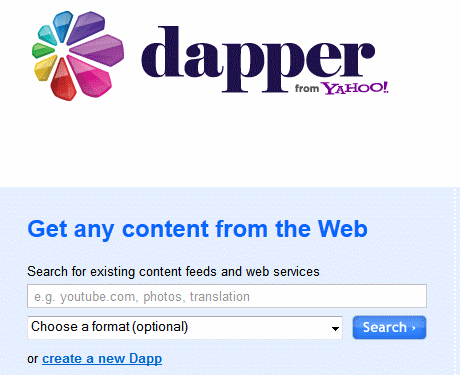21/10/2011
Cocodot- the best of both worlds
Over the last few years, letters (remember, those pieces of paper that come through a rectangular hole in your front door) have become almost extinct, due to the comprehensively better email - the only times I've ever considered using letter mail is for inviting friends to formal or extremely special occasions. Cocodot, therefore, knocks the final nail into the letter's envelope coffin.
19/10/2011
Frustration - why Chrome OS will always be so close, yet so far
As much as I hate to admit it, I'm doing more and more in a web browser these days. I create documents and pictures on a website, I check my email account via the gmail website, I connect with people via social networks (I rarely text) and I'm certainly not likely to stop that any time soon.
17/10/2011
Big Brother is Watching You - as predicted by Sam Seaborn
I was just watching an ancient episode of the West Wing (for WW fans, it's when they decide to nominate Mendoza for the supreme court instead of the crazy anti-privacy guy), and the climax is a moving speech about how the next century is going to be all about privacy as the internet develops.
15/10/2011
Standardised everything
In my post a few days back I mentioned the beauty of standardisation - in that case in terms of feed reading. Today I'm going into more detail about its importance - with specific reference to Disqus and the idea of a universal comment community.
14/10/2011
The Khan Academy - an powerful online school
If you want to learn on line, there's a sea of material - Wikipedia, video tutorials, university lecturers' notes, and even the odd home-made page by page tutorial (the ones with the sickly single colour background and nothing but Times New Roman text with a few links to other pages). But one resource sticks out from the rest: the Khan Academy, an online school of maths, science and humanities with a 'knowledge map' for each subject.
12/10/2011
Mould your own web with Dapper
One of the key tools for the development of the web is standardisation. Humans can recognise a calendar or a news feed instantly, but computers are (apologies for the cliché) dumb. By standardising the format of a calendar (.ics) or a feed (.rss) we enable computers to understand what's going on and grab the info we need, and use it.
11/10/2011
The calm after the storm - what's wrong with Google+?
One word best describes Google in my mind: Behemoth.
But describing Google+ - the internet giant's new social networking service - is a different story. At the moment, coming from a keen user of g+, the word that springs to mind is quiet.
But describing Google+ - the internet giant's new social networking service - is a different story. At the moment, coming from a keen user of g+, the word that springs to mind is quiet.
10/10/2011
Raven - the evolution of browsers?
A few days ago I reviewed Epiphany's awesome website-to-app converter, which saves a website, grabs its icon and turns it into a separate app for that site. Developers at revolutionary browser Raven (specific for OS X) have developed a similar idea.
09/10/2011
The Rise of Sync
Since the birth of the internet (sort of), it's been storing files which can be access by anyone on line. More recently, new technology such as dropbox have taken file sharing one step further and allowed for automatic synchronisation of folders over the cloud. But now there's more.
06/10/2011
What the web doesn't do...
I recently had a conversation with a copyright lawyer who works as the general secretary of the society of authors (UK). While we were talking, I was surprised to learn that paper books were not likely to die out any time soon due to the rise of the eBook. Most people still enjoy paper books despite all their faults, just because it's something physically there - not ones and zeroes on a hard drive.
05/10/2011
The icon and exclusivity
More and more frequently I see the standard text link, which has fuelled the internet for as long as I can remember, being replaced by picture links - and specifically icons. This change has come about as a result of necessity, aesthetics and convenience - but it's consequences are often overlooked.
04/10/2011
DIY web apps
Epiphany - a small web browser available for Mac OS X, Linux and (although nobody cares) BSD - may not be the most advanced browser around, but it's certainly got a big fat USP as of a recent update. Users can now hit shift-ctrl-A on any site to save that page as a web app. The web app can then run separately from the browser, just like any desktop app.
 |
| A twitter client in the most literal sense possible |
03/10/2011
Codecademy - learning cloud, on the cloud
02/10/2011
A true web app
Using web apps is becoming increasingly popular - even entire online office suites. This is all part of the same school of thought as chromium and chrome OS - we only need the cloud. By creating documents, spreadsheets and presentations online we make it easier to collaborate on files, publish them on line, and ensure compatibility over all platforms. Lucky us.
01/10/2011
Is everyone listening?
Having to repeat yourself may not be the most annoying thing you ever have to do, but it's up there along with arguing with an idiot and using windows. I find it just as annoying when my friends are scattered over several social networks and I need to get a message to everyone - log on to google plus, write message, log on to twitter, copy and paste, log on to facebook, copy and paste - it's a lot of effort.
Of course, it's always useful to keep your friends in one place, but the next best thing is linking up your accounts.
Of course, it's always useful to keep your friends in one place, but the next best thing is linking up your accounts.
30/09/2011
Born in the cloud
In 1958 President Eisenhower requested funding for the Advanced Research Projects Agency. In 1965 two computers talked. In 1972 an email program was written. In 1980 Tim Berners-Lee developed 'Enquire Within', which was replaced in 1990 with the World Wide Web. In 1995 Windows 95 was released, shipping with Internet Explorer. I was born in 1996.
Subscribe to:
Posts (Atom)









